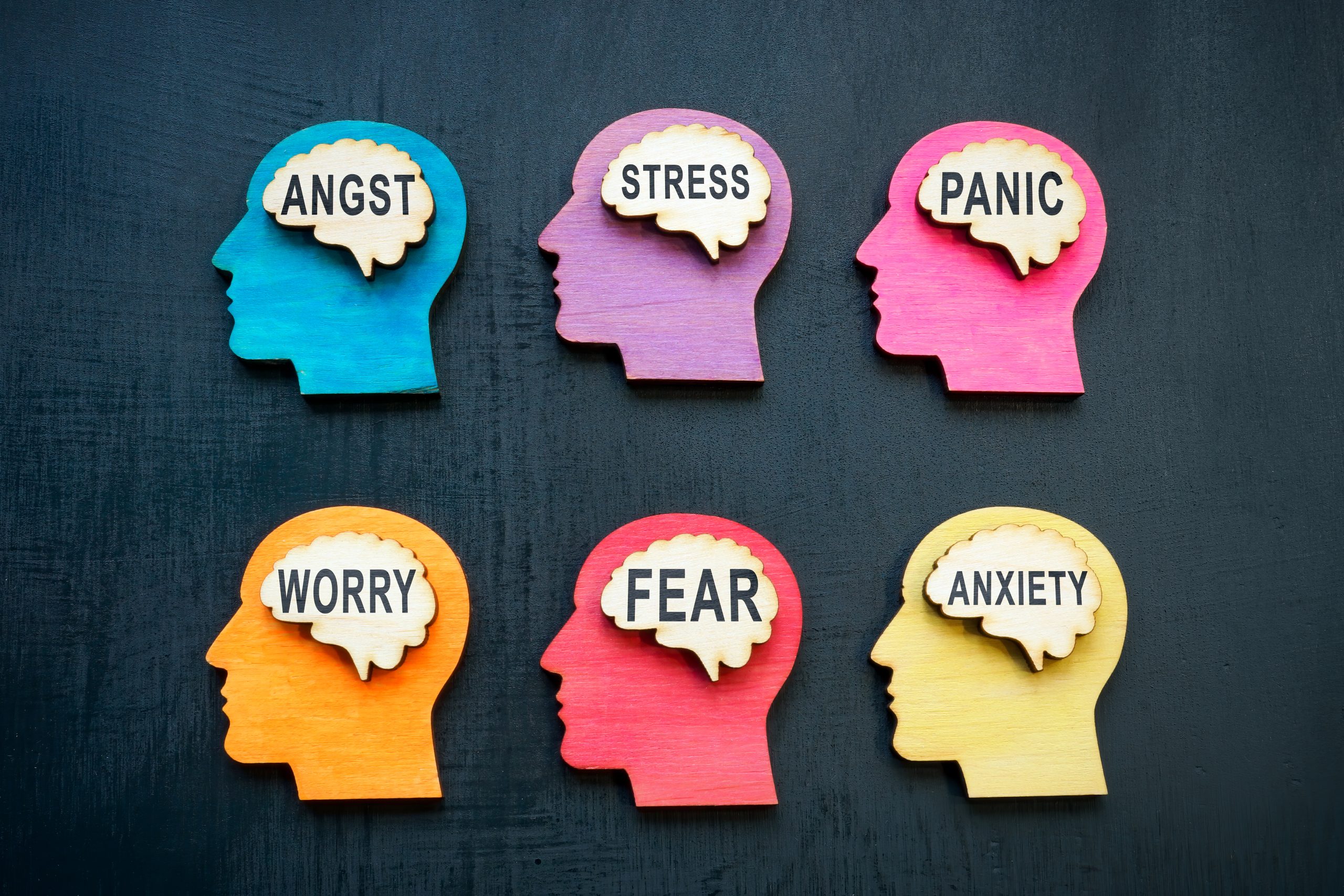
Most people assume they come across as friendly, polite, and easy to be around. And to be fair, you probably do…most of the time. But certain social habits, even subtle ones, can quietly chip away at the way others perceive you.
What’s tricky is that these behaviors often don’t feel offensive in the moment. You might even think you’re being helpful, funny, or self-aware. But likability is often less about what you think you’re projecting—and more about how others experience you.
Here are 15 common social missteps that might be working against you without you even realizing it.
1. Humble-Bragging
Trying to sound modest while subtly bragging doesn’t fool anyone. “I’m so exhausted from all these back-to-back promotions” makes people cringe. Own your wins or keep it quiet, but don’t fish for admiration under the guise of self-deprecation.
2. Talking More Than Listening
If conversations tend to orbit around your job, your stories, or your opinions, people may feel like you’re not really there for them. Being a great listener is one of the fastest ways to build rapport.
3. One-Upping
Everyone’s had a rough week or a big moment. Constantly topping someone else’s story makes you look insecure, not impressive. Validation is better than competition when building trust.
4. Constantly Checking Your Phone
Even a quick glance at your screen sends a message: “This is more important than you.” In social settings, attention is a form of respect. Frequent phone use subtly undermines that connection.
5. Complaining Too Much
Venting can be healthy, but too much negativity drains people. If every chat with you leans into drama or pessimism, others may start to keep their distance.
6. Giving Unsolicited Advice
Jumping in with solutions, especially when no one asked, can feel patronizing. Sometimes, people want to be heard, not fixed. Ask first: “Do you want advice or just to vent?”
7. Being a Conversation Hijacker
You may think you’re being relatable by saying, “That reminds me of when I…” but if you do it too often, it comes off as self-centered. Let others finish their thoughts before inserting your own.
8. Not Remembering Names or Details
You don’t need a photographic memory, but remembering someone’s name, job, or what they said last week shows you value them. Forgetting repeatedly makes people feel forgettable.
9. Oversharing Too Soon
Authenticity is good. Trauma-dumping on a first meeting? Not so much. Strong social bonds are built gradually. Respect the rhythm of connection instead of forcing intimacy.
10. Making Everything a Joke
Humor is powerful, but using it to deflect serious topics or constantly making sarcastic remarks can make you seem dismissive or emotionally unavailable. Not every moment needs a punchline.
11. Talking Trash About People Who Aren’t There
Gossip might spark short-term bonding, but it damages long-term trust. People can’t help but wonder what you say about them when they’re not around.
12. Asking Questions Just to Judge the Answers
If you ask someone about their parenting style, career choice, or financial decisions only to critique them, don’t be surprised if they avoid you next time. Curiosity should feel safe, not like a trap.
13. Acting Like You’re Always the Smartest One in the Room
Correcting people publicly, overexplaining simple things, or constantly steering conversations back to your expertise may not make you look smart—just arrogant.
14. Having Zero Follow-Up
Real relationships require maintenance. If you only reach out when you need something or never check in after someone shares a big life update, people notice. And over time, they’ll stop investing in you, too.
15. Being “Too Honest”
Brutal honesty is often a cover for a lack of empathy. There’s a difference between being real and being rude. Thoughtful people weigh how they say things, not just what they say.
Likability Is Less About Charm and More About Consistency
Being likable isn’t about being the loudest, funniest, or most impressive person in the room. It’s about making others feel seen, heard, and respected consistently.
The good news? Most of these habits are easy to shift once you’re aware of them. No need for guilt or overcorrection. Just take a breath, reflect honestly, and start with small changes.
What’s one social habit you’ve had to unlearn or wish more people would?
Read More:
13 Traits of People Who Thrive in Solitude
Think That Was a Compliment? Here Are 16 That Are Secretly Insults
Riley is an Arizona native with over nine years of writing experience. From personal finance to travel to digital marketing to pop culture, she’s written about everything under the sun. When she’s not writing, she’s spending her time outside, reading, or cuddling with her two corgis.





